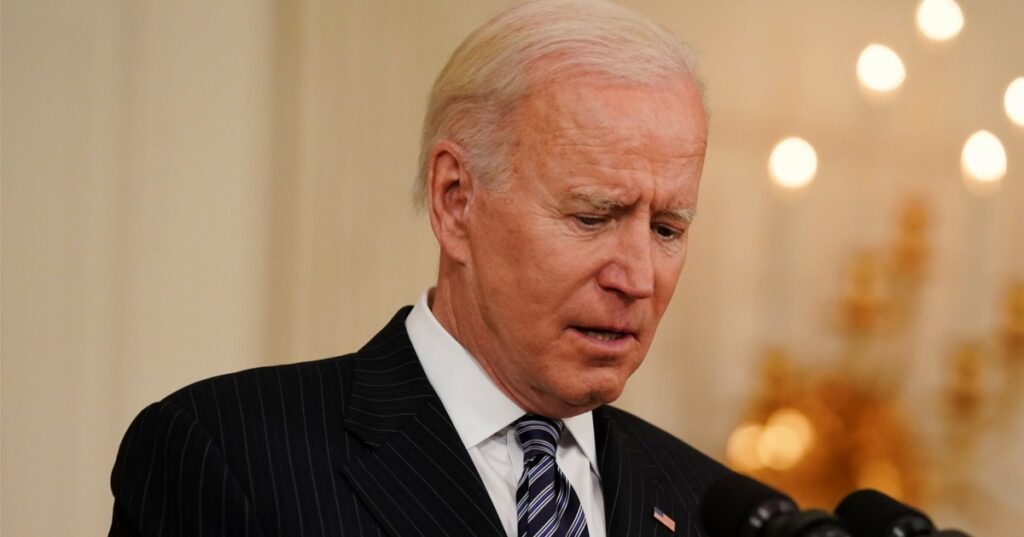Supreme Court to Review Gun Law Used in Hunter Biden Conviction
In an ironic twist, the Supreme Court will review the gun law used to convict former first son Hunter Biden of lying on a gun permit application. That legal wrinkle reaches the high court after a conviction tied to an application submitted in 2018 became one of the most politically charged test cases on guns and substance use.
Biden was convicted last year of claiming he didn’t use controlled substances when he applied for a firearm permit in 2018, and he admitted in his 2021 memoir that he was hooked on crack cocaine at the time. Those admissions and the conviction set up a clash between criminal law, public safety concerns, and presidential clemency.
Before he could be sentenced for the gun crime, he was pardoned by his father, former President Joe Biden, in a blanket move that covered all crimes he might have committed between Jan. 1, 2014, and Dec. 12, 2024. That pardon removed the immediate practical stakes of the conviction while raising questions about equal treatment under the law.
Ali Hemani, by contrast, had no powerful family connection to fall back on when his home was searched in 2022 and police found a firearm and drugs together, a combination that runs up against federal restrictions on firearms possession. Hemani’s case was treated under the same statutory language that convicted Hunter Biden, and now the discrepancy between outcomes is part of what SCOTUS will examine.
While President Donald Trump is normally a staunch defender of the Second Amendment, he has taken the opposite side in this appeal, and the case was thrown out by an appeals court before making its way upward. He’s asking SCOTUS to rule that active drug users and addicts can’t own firearms even if they are not under the influence when the weapon is found, a position framed around preventing foreseeable danger.
The basic safety argument is straightforward: using drugs or alcohol impairs people’s ability to make good decisions, and that risk is amplified when a firearm is involved. From a conservative law-and-order perspective, public safety and predictable enforcement of statutes should weigh heavily when courts interpret what it means to possess a firearm while actively using controlled substances.
At the same time, the legal question cuts to the heart of constitutional interpretation because the Second Amendment was written long before modern medical and scientific understanding of addiction. There were certainly alcoholics and substance users in the 18th century, and the original text of the Amendment made no explicit carve-outs for people struggling with addiction.
Our knowledge about addiction, treatment, and the neuroscience behind compulsive use is far greater today, which is likely why the government and advocates see a need for a contemporary reading of the statute. The issue is not purely academic: how courts handle the line between addiction and immediate impairment could shape enforcement across thousands of cases.
The Supreme Court has already reshaped gun law in recent years, and the 2022 ruling on New York gun regulations was a huge step to shore up the Second Amendment’s core protections. This new case arrives in that context, and the justices will have to balance precedent, statutory text, practical sanity in enforcement, and the competing demands of public safety and individual rights.
This legal collision—high-profile actors, criminal convictions, a presidential pardon, and a defendant without powerful allies—puts a sharp spotlight on a statute that has sat quietly until now. Whatever the Court decides, the opinion will carry consequences for how addiction, honesty on applications, and firearm possession intersect under federal law.



